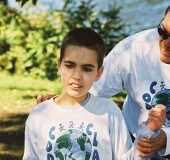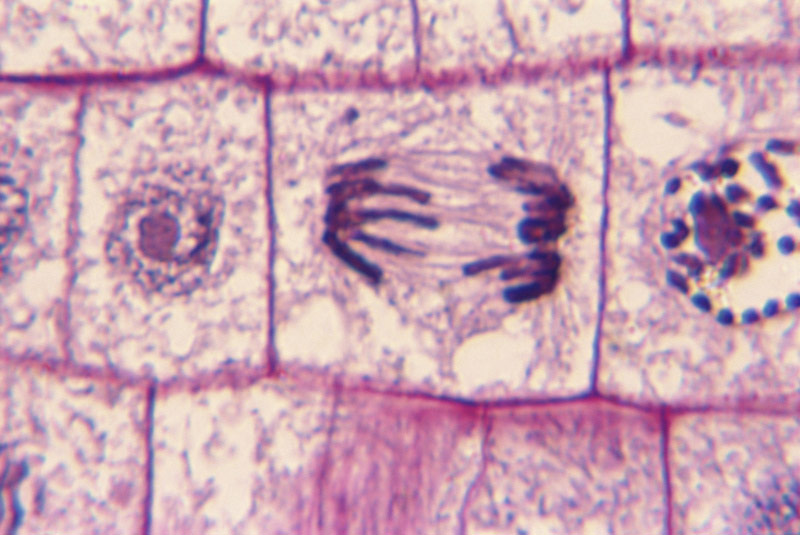
TUESDAY, July 22, 2014 (HealthDay News) — Most therapies for autism focus on the child, but new research suggests the child’s stressed-out parents could benefit from treatments designed specifically for them.
Mothers of autistic children who took part in a coping skills program found they connected better with their child and felt less stress, anxiety and depression, report researchers at Vanderbilt University, in Nashville.
“Interventions have, for good reasons, been focused on the child, but what was missing was directly addressing parents’ own well-being and health,” said study author Elisabeth Dykens, a professor of psychology at Vanderbilt. “It’s really important to provide them with the tools they can use to manage their stress, and continue to grow as a parent.”
Mothers of children with developmental disabilities like autism tend to experience more stress and poorer health, as well as psychiatric problems like depression. This can harm their ability to care for their child, the study authors said in background information.
The Vanderbilt researchers created two programs that could potentially help mothers of kids with autism, and recruited 243 mothers to participate in one or the other.
Two-thirds of the moms had a child with autism, while the remaining third had a child with another type of developmental disability. At the beginning, 85 percent of the mothers had elevated stress levels, 48 percent were clinically depressed and 41 percent suffered from anxiety.
One program focused on meditation, breathing exercises and mind/body practices like yoga, said Dykens, associate director of the Vanderbilt Kennedy Center for Research on Human Development.
The other focused on positive psychology, in which mothers were taught to focus on the positive aspects of their lives. “It really flips traditional psychology, because we think about what’s right about people and do what we can to boost that,” Dykens said.
All participants took part in weekly hour-and-a-half sessions over the course of six weeks. Graduate students provided free child care so parents could relax and enjoy the group. Researchers then tracked their progress for up to six months afterward.
The programs are designed to teach skills that parents can use throughout their day. “If you’re committed to really practicing these skills, it’s the kind of thing where when you’re at a red light you could practice your deep belly breathing, or you could count blessings or think about forgiveness while folding laundry,” she said.
The researchers found that both programs led to significant reductions in stress, depression and anxiety. The mothers also reported improved sleep and better satisfaction with life.
The mindfulness program in particular helped mothers, leading to greater improvements than the positive psychology program, the study found.
The findings were published online July 21 and in the August print issue of Pediatrics.
One strength of the federally funded program came from the people who led the classes, Dykens said.
The research team hired mothers of kids with autism to act as peer-mentors, who then passed on the coping skills they learned to other moms in their situation.
“There’s a certain rapport that parents have with each other. There’s an automatic connection, if you will,” she said. “Using that peer-mentor model really may be a way to go, particularly with the shortage of professionals who would be willing to take up such work.”
Dr. Paul Wang, senior vice president and head of medical research for Autism Speaks, praised the use of other parents to lead these coping classes.
“Parents naturally trust other people who have been in their shoes, who know where they are coming from and can speak from experience,” Wang said. “We know there aren’t enough professionals. It can be hard to get appointments. So when you find an intervention that can be provided by other parents, that extends its usefulness.”
These specific programs are not yet widely available, as they were developed by the Vanderbilt researchers for this study, Dykens said.
However Vanderbilt is preparing to make the program manual available online for parents and support groups to purchase and use, she added.
More information
For more information on family resources for autism, visit Autism Speaks.
Copyright © 2026 HealthDay. All rights reserved.

